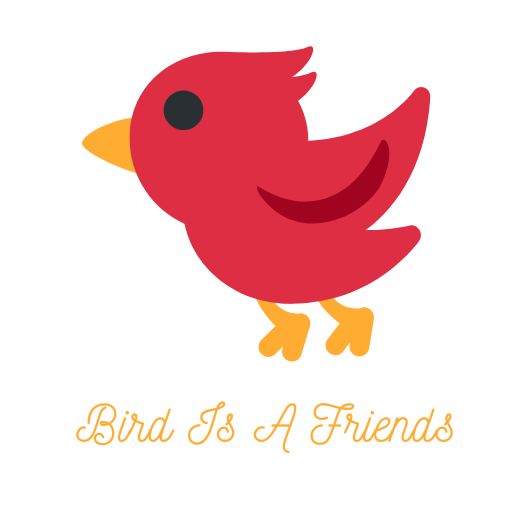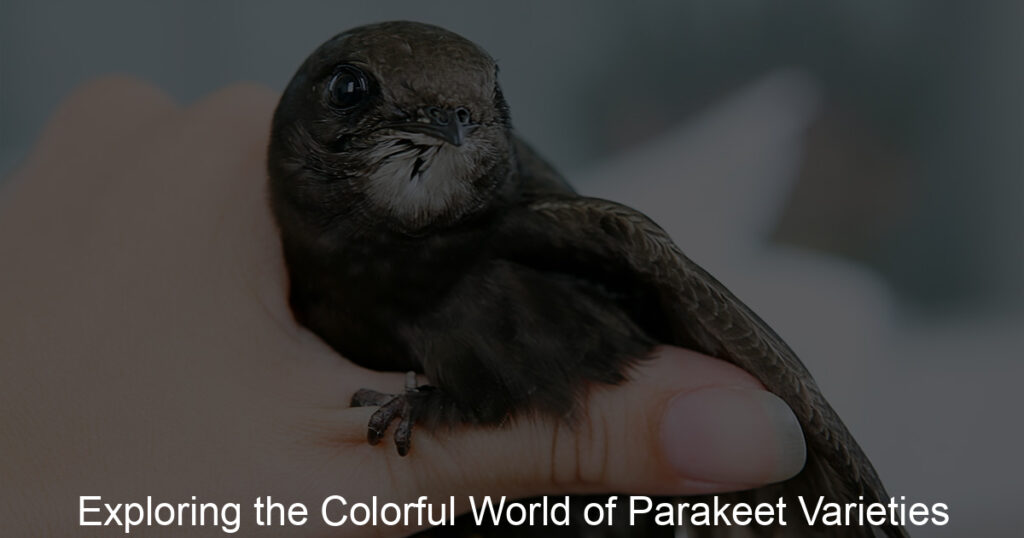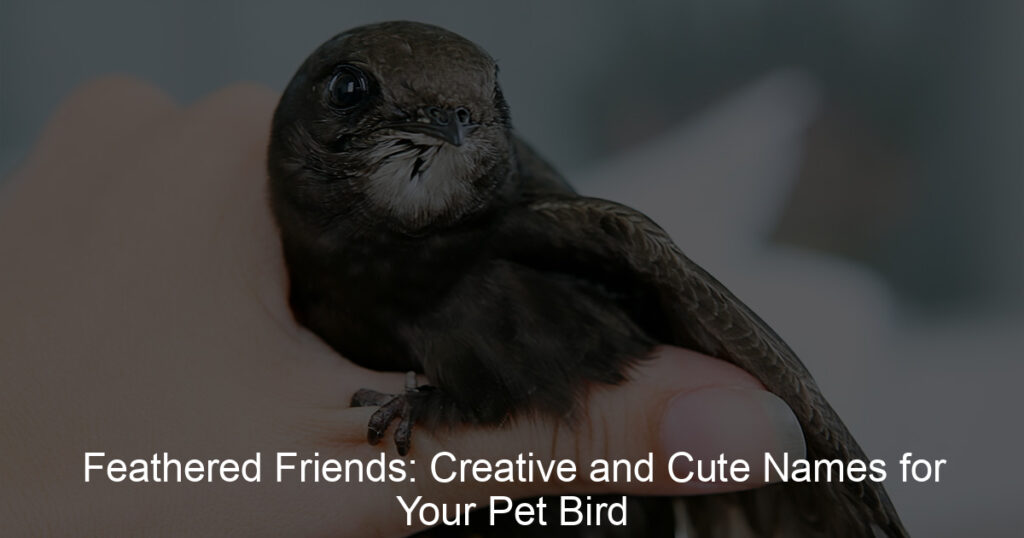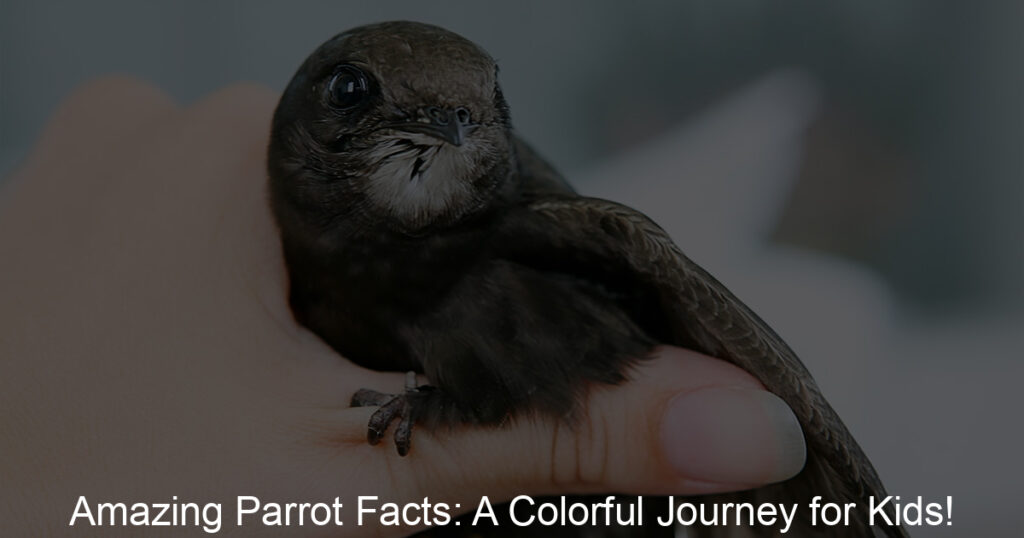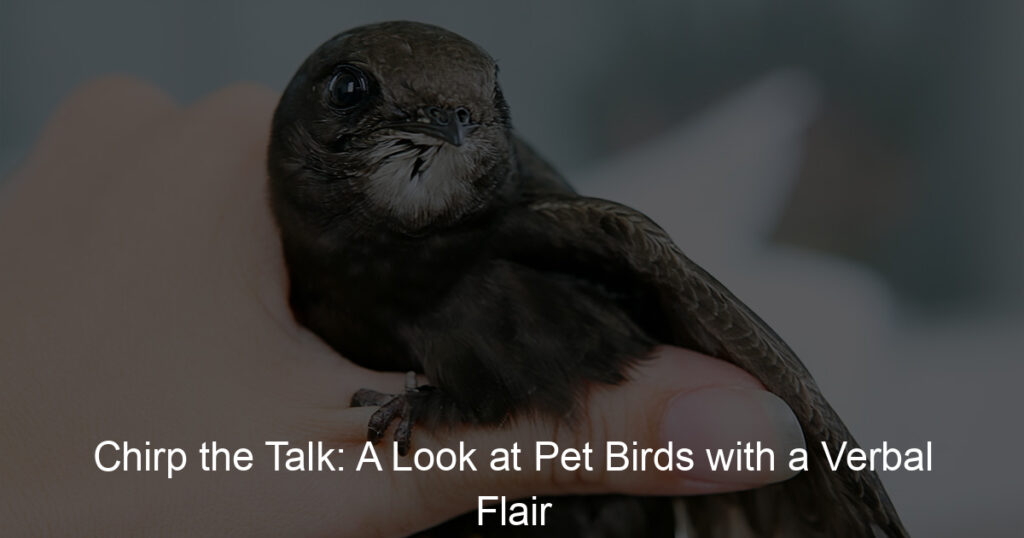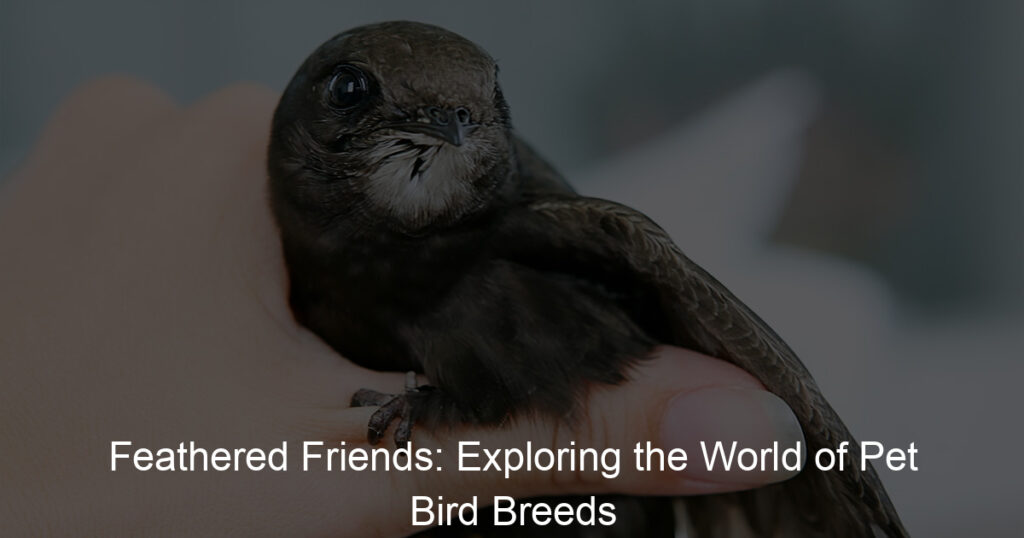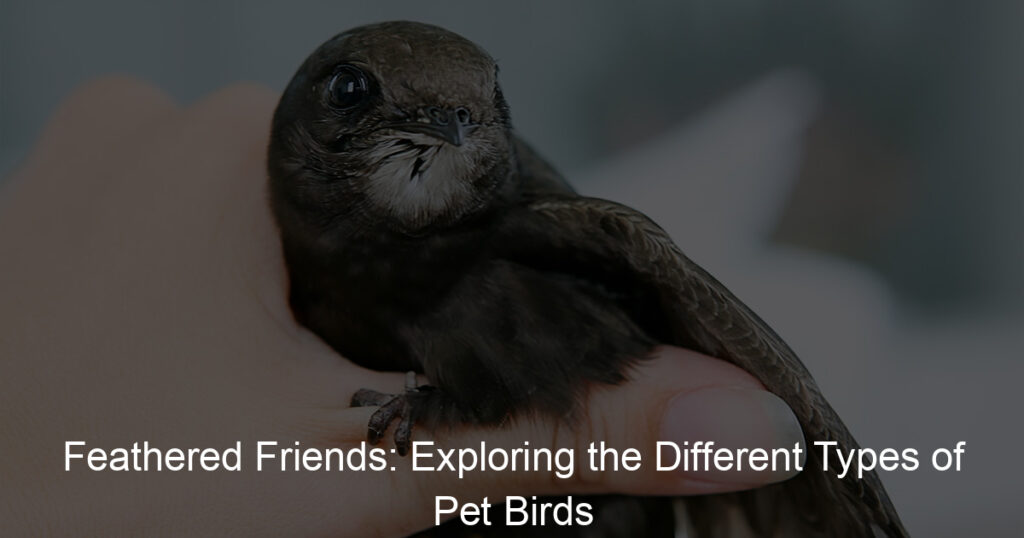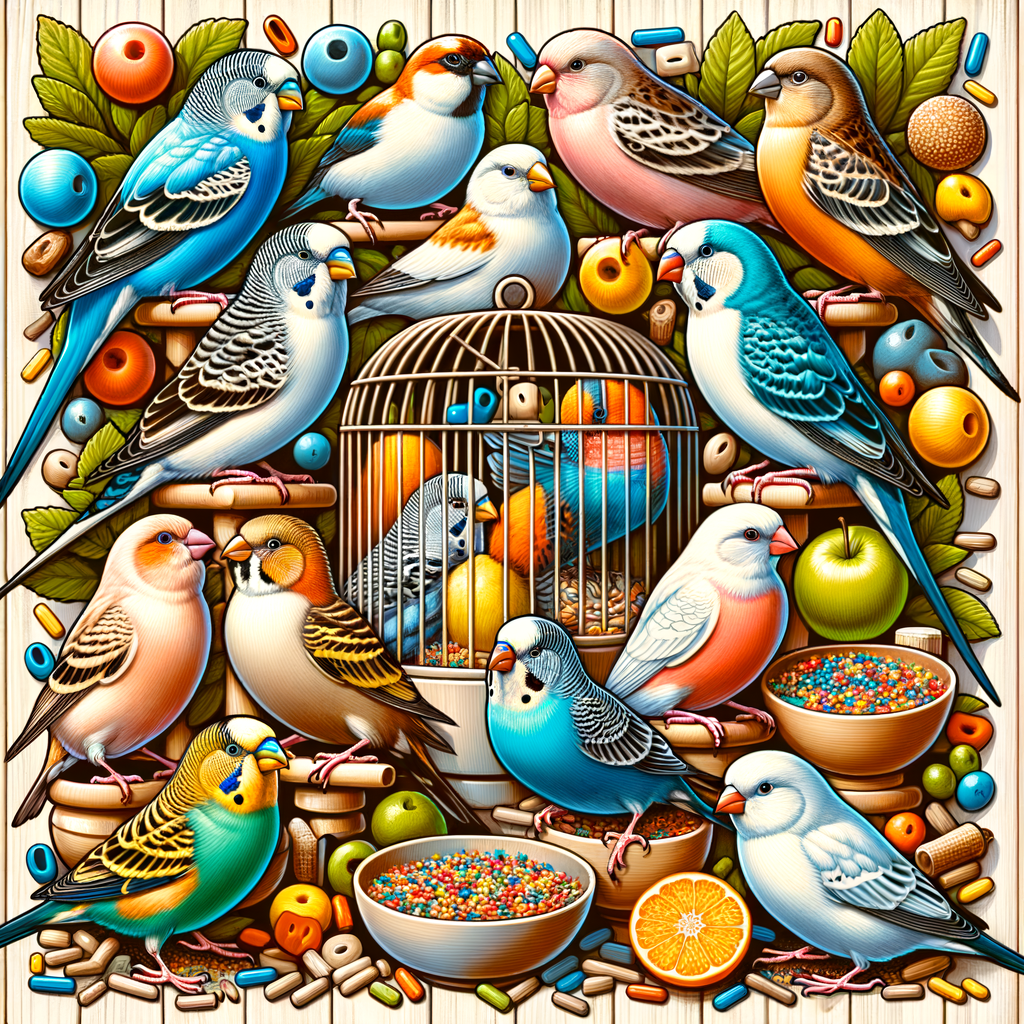
Introduction to Finch Pets
Finches are small, lively birds that have won the hearts of pet lovers worldwide. This introduction will provide you with a comprehensive understanding of finches as pets, why they make great companions, and the commitment required to keep them.
- Overview of Finches as Pets
Finches are known for their vibrant colors and melodious songs. They are relatively easy to care for, making them an excellent choice for first-time bird owners. They are small in size, usually ranging from 4 to 5 inches in length, and have a lifespan of 5 to 10 years. Finches are social birds, so they are happiest when kept in pairs or small groups.
- Why Finches Make Great Pets
There are several reasons why finches are popular pets. Firstly, their cheerful chirping can fill your home with a sense of tranquility and joy. Secondly, they are low-maintenance compared to larger bird species. They don’t require out-of-cage time or human interaction to stay happy and healthy. Lastly, observing their social behavior and listening to their songs can be a fascinating and relaxing pastime.
- Understanding the Commitment of Keeping Finches
Despite being low-maintenance, finches do require a certain level of care and commitment. They need a clean, spacious cage with plenty of room to fly. Their diet consists of seeds, fruits, and vegetables, which need to be provided fresh daily. Regular health check-ups are also essential to ensure they are free from diseases. Remember, owning a pet is a long-term commitment, and finches are no exception.
In conclusion, finches are delightful pets that can bring much joy and serenity to your home. However, they require a dedicated owner who can provide them with the care and attention they need. If you are considering getting a finch, make sure you are ready for the commitment.
Benefits of Owning Finches
Keeping finches as pets can bring a multitude of benefits into your life. These small, chirpy birds can be a source of joy and learning. Let’s explore some of the key advantages of owning finches.
- Emotional benefits: companionship and stress relief
- Educational benefits: learning about bird behavior and care
- Low maintenance compared to other pets
Finches are known for their friendly and sociable nature. They can provide a sense of companionship, helping to combat feelings of loneliness. Their lively chirping and active behavior can also serve as a form of stress relief. A study from the National Institutes of Health suggests that interaction with pets can help reduce stress levels. So, owning finches can contribute to your emotional well-being.
Finches offer a great opportunity to learn about bird behavior and care. Observing their daily routines, you can gain insights into their feeding habits, social interactions, and nesting behaviors. This can be particularly educational for children, fostering a sense of responsibility and understanding of nature.
Compared to many other pets, finches require relatively low maintenance. They don’t need constant attention or extensive grooming. Their diet mainly consists of seeds, fruits, and vegetables, which are easy to provide. They also don’t require large spaces, making them suitable for small apartments. However, they do need a clean environment and regular health checks to ensure they stay healthy and happy.
In conclusion, owning finches can bring emotional comfort, educational opportunities, and the joy of pet ownership without the high maintenance often associated with other pets. If you’re considering getting a pet, finches could be a wonderful choice.
Understanding Finch Behavior
Finches, like all birds, have a unique set of behaviors that can tell you a lot about their health, happiness, and overall well-being. Understanding these behaviors is key to providing the best care for your feathered friend. In this section, we will explore common finch behaviors, how to interact with your finch, and how to understand finch communication.
- Common behaviors and what they mean
- How to interact with your finch
- Understanding finch communication
Finches are active and social birds. They love to fly, hop, and chirp. If your finch is quiet and inactive, it may be a sign of illness or stress. On the other hand, excessive chirping or aggressive behavior could indicate that your finch is feeling territorial. A happy and healthy finch will spend its day exploring its cage, interacting with its cage mates, and singing.
Interacting with your finch can be a rewarding experience. Start by spending time near their cage and talking to them in a calm, gentle voice. This will help them get used to your presence. Once they seem comfortable, you can try offering them treats from your hand. Remember, patience is key. It may take some time for your finch to trust you, but the bond you form will be worth it.
Finches communicate through a variety of sounds and body language. A happy finch will often sing or chirp. If your finch is fluffed up and sitting quietly, it may be feeling unwell. Paying attention to these signs can help you understand your finch’s needs and provide the best care possible.
In conclusion, understanding your finch’s behavior is a crucial part of pet ownership. By observing and interacting with your finch, you can ensure that they are happy, healthy, and thriving.
A Guide to Finch Species
Finches are a diverse group of birds with over 200 species worldwide. They are known for their vibrant colors and melodious songs. In this section, we will explore different finch species, how to choose the right one for your lifestyle, and understand the unique needs of each species.
- Overview of different finch species
- Choosing the right species for your lifestyle
- Understanding the unique needs of different species
There are numerous species of finches, each with its unique characteristics. Some of the popular ones include:
| Species | Color | Size | Origin |
|---|---|---|---|
| Zebra Finch | Black and white stripes | Small | Australia |
| Goldfinch | Yellow and black | Medium | North America |
| Gouldian Finch | Multi-colored | Small | Australia |
Choosing the right finch species depends on your lifestyle and personal preferences. Zebra Finches are great for beginners as they are easy to care for. Goldfinches require a larger space to fly around, making them suitable for those with ample living space. Gouldian Finches, while visually stunning, require more care and attention, making them ideal for experienced bird owners.
Each finch species has unique needs. For instance, Zebra Finches thrive on a diet of seeds, fruits, and vegetables. Goldfinches, on the other hand, require a diet rich in thistle seeds. Gouldian Finches need a balanced diet of seeds, fruits, and insects. Understanding these needs is crucial to ensure your finch lives a healthy and happy life.
In conclusion, finches are a wonderful addition to any home. With their vibrant colors and melodious songs, they bring joy and serenity. However, it’s important to understand the unique needs of each species to provide them with the best care possible.
Finch Care 101
When it comes to the care of your finch, one of the most important aspects to consider is their diet. A well-balanced diet is key to ensuring your finch stays healthy and happy. Let’s delve into the specifics of a finch’s diet.
Finch Diet
Understanding your finch’s dietary needs can seem daunting at first, but once you get the hang of it, it becomes second nature. Here’s what you need to know:
- What to feed your finch
- Understanding nutritional needs
- Feeding schedule and portion sizes
Finches are primarily seed eaters. A high-quality finch seed mix should make up the bulk of their diet. However, it’s important to supplement this with fresh fruits and vegetables, such as apples, spinach, and carrots. Avoid feeding your finch avocado or chocolate, as these are toxic to birds.
Finches require a balanced diet of proteins, carbohydrates, fats, vitamins, and minerals. Seeds provide most of these nutrients, but not all. That’s why it’s important to supplement their diet with fresh produce and specially formulated bird vitamins, which can be added to their water.
Finches should be fed once a day, usually in the morning. As for portion sizes, a general rule of thumb is to provide enough food that can be consumed in a day. Any uneaten fresh food should be removed after a few hours to prevent spoilage.
Remember, a healthy diet is the foundation of good finch care. By understanding and meeting your finch’s nutritional needs, you can ensure they live a long, healthy life.
Finch Cage Requirements
Providing a safe and comfortable environment for your finch is crucial. This includes selecting the right cage, setting it up with the necessary accessories, and maintaining cleanliness. Let’s explore these aspects in detail.
- Choosing the Right Cage
Choosing the right cage for your finch is the first step towards ensuring their well-being. The cage should be spacious enough to allow your finch to fly and exercise. A cage with dimensions of at least 30″ x 18″ x 18″ is recommended. The bar spacing should be no more than 1/2 inch apart to prevent your finch from escaping or getting stuck. The cage should also be made of safe, non-toxic materials.
- Cage Setup and Accessories
Once you have the right cage, it’s time to set it up. Start by placing the cage in a quiet, well-lit area away from drafts and direct sunlight. The cage should contain perches of varying diameters to promote foot health. Include toys and swings to keep your finch entertained. A cuttlebone can provide necessary calcium and help keep your finch’s beak trim. Ensure there is a food dish and a water bottle or dish that is easy to clean and refill.
- Cleaning and Maintenance
Cleaning and maintaining the cage is vital to prevent diseases. Remove and replace soiled bedding daily. Wash food and water dishes daily to prevent bacterial growth. Once a week, clean the entire cage with a bird-safe disinfectant, and rinse thoroughly. Monthly, inspect toys and accessories for wear and tear, replacing as necessary.
By following these guidelines, you can create a safe and comfortable environment for your finch. Remember, a happy finch is a healthy finch!
Finch Health Care
Just like any other pet, finches require regular health care to ensure they live a long and healthy life. This section will focus on some of the common health issues in finches, the importance of preventative care and regular check-ups, and when it’s necessary to seek veterinary care.
- Common Health Issues in Finches
- Air Sac Mites: These tiny parasites can cause respiratory problems in finches. Symptoms include difficulty breathing, loss of appetite, and a clicking sound when the bird breathes.
- Scaly Face: This is a condition caused by a mite infestation. It results in crusty, scaly growths around the bird’s beak and eyes.
- Avian Pox: This is a viral infection that can cause lesions on the bird’s skin and inside its mouth.
- Preventative Care and Regular Check-ups
- When to Seek Veterinary Care
Finches, like all birds, can suffer from a variety of health issues. Some of the most common include:
Preventative care is key to keeping your finch healthy. This includes regular check-ups with an avian veterinarian, a balanced diet, and a clean living environment. Regular check-ups can help identify potential health issues before they become serious. It’s recommended that finches have a check-up at least once a year.
It’s important to seek veterinary care if you notice any changes in your finch’s behavior or appearance. This could include loss of appetite, changes in droppings, difficulty breathing, or signs of distress. Remember, it’s always better to be safe than sorry when it comes to your pet’s health.
In conclusion, finch health care is a crucial aspect of owning these delightful birds. By being aware of common health issues, practicing preventative care, and knowing when to seek veterinary help, you can ensure your finch lives a long and healthy life.
Case Study: A Day in the Life of a Finch Owner
Let’s take a closer look at a typical day in the life of a finch owner. We’ll explore the morning and evening routines, and how to interact with finches throughout the day.
-
Morning Routine with Finches
Every morning, finch owners start their day by checking on their feathered friends. They ensure the birds have fresh water and a healthy breakfast of seeds and fruits. It’s also essential to clean the cage and remove any waste. This routine helps keep the finches healthy and happy.
-
Interacting with Finches Throughout the Day
Finches are social creatures. They enjoy the company of their owners and other finches. Throughout the day, owners spend time talking to their finches, playing soft music, or simply being in the same room. This interaction helps to build a strong bond between the owner and the birds.
-
Evening Routine and Ensuring a Good Night’s Rest for Your Finches
As the day winds down, it’s time for the finches to rest. Owners prepare a quiet and comfortable environment for the birds. They cover the cage with a light cloth to signal bedtime and turn off any loud noises. A good night’s rest is crucial for the finches’ health and well-being.
In conclusion, owning finches requires dedication and a daily commitment to their care. However, the joy and companionship these birds bring make it all worth it.
Conclusion: The Joy of Keeping Finches
As we draw to the end of our exploration into the world of finches, we can’t help but marvel at the joy these little birds bring into our lives. From their vibrant colors to their enchanting songs, finches are truly a delight to own. But, as with any pet, owning finches also comes with responsibilities.
- Recap of the delights and responsibilities of finch ownership
- Final thoughts on why finches make wonderful pets
Finches are not just pets; they are companions that fill our homes with joy and serenity. Their lively chirping and fluttering around the cage can bring a smile to anyone’s face. They are easy to care for, making them perfect for both first-time and experienced pet owners. However, owning finches also requires a commitment to their well-being. They need a clean habitat, a balanced diet, and regular interaction to thrive.
Finches are more than just beautiful birds; they are creatures that can teach us about patience, responsibility, and the beauty of nature. Their low maintenance and peaceful nature make them ideal pets for people of all ages. They bring a piece of the wild into our homes, reminding us of the simple pleasures in life. In conclusion, if you’re looking for a pet that is easy to care for, brings joy, and adds a touch of nature to your home, a finch could be the perfect choice for you.
Remember, the joy of keeping finches isn’t just about the pleasure they bring to us, but also about the care and love we can provide for them. So, if you’re ready to embark on this rewarding journey, welcome to the wonderful world of finch ownership!
